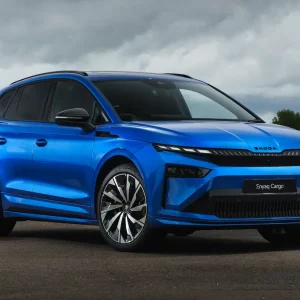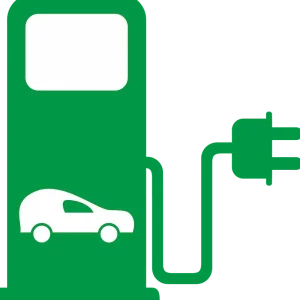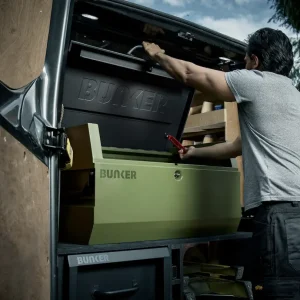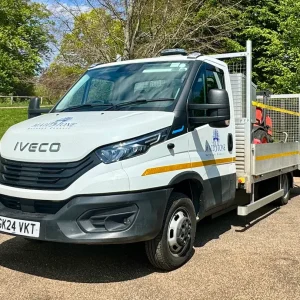Battery-powered light commercials cost far less to run than their diesel counterparts but at present are up to three times more expensive. The tax incentive will help to bridge this cost gap says well-known producer, Smith Electric Vehicles, and will boost sales. This in turn will increase production volumes and lead to lower vehicle prices.
 Several fleet operators are already investing heavily in battery-driven light commercials. Sainsbury’s for example has announced its intention to acquire 50 Smith Edison 3.5-tonners. To be based at ten of the company’s London supermarkets, they’ll be deployed on home delivery work in the capital.
Several fleet operators are already investing heavily in battery-driven light commercials. Sainsbury’s for example has announced its intention to acquire 50 Smith Edison 3.5-tonners. To be based at ten of the company’s London supermarkets, they’ll be deployed on home delivery work in the capital.
Modified to Sainsbury’s requirements, they will be restricted to 40mph and as a consequence will be able to offer a range of 60 miles a day between recharges. They’ll be equipped with a fast-charging system. Sainsbury’s already runs 20 Edisons and the arrival of the new vans is expected to cut its annual CO2 emissions by around 155 tonnes.
Further afield, US truck, bus and diesel engine manufacturer Navistar has bought a stake in Borwick Group, the parent company of Coventry electric commercial vehicle maker Modec. Navistar and Modec are setting up a joint venture to produce and sell electric commercials in North, South and Central America.

 Firms that opt to run electric vans can now enjoy 100 per cent capital allowances thanks to an announcement from Chancellor of the Exchequer, Alistair Darling, in his pre-Budget statement. This means that operators can write down the entire cost of buying them during their first year of ownership.
Firms that opt to run electric vans can now enjoy 100 per cent capital allowances thanks to an announcement from Chancellor of the Exchequer, Alistair Darling, in his pre-Budget statement. This means that operators can write down the entire cost of buying them during their first year of ownership.



